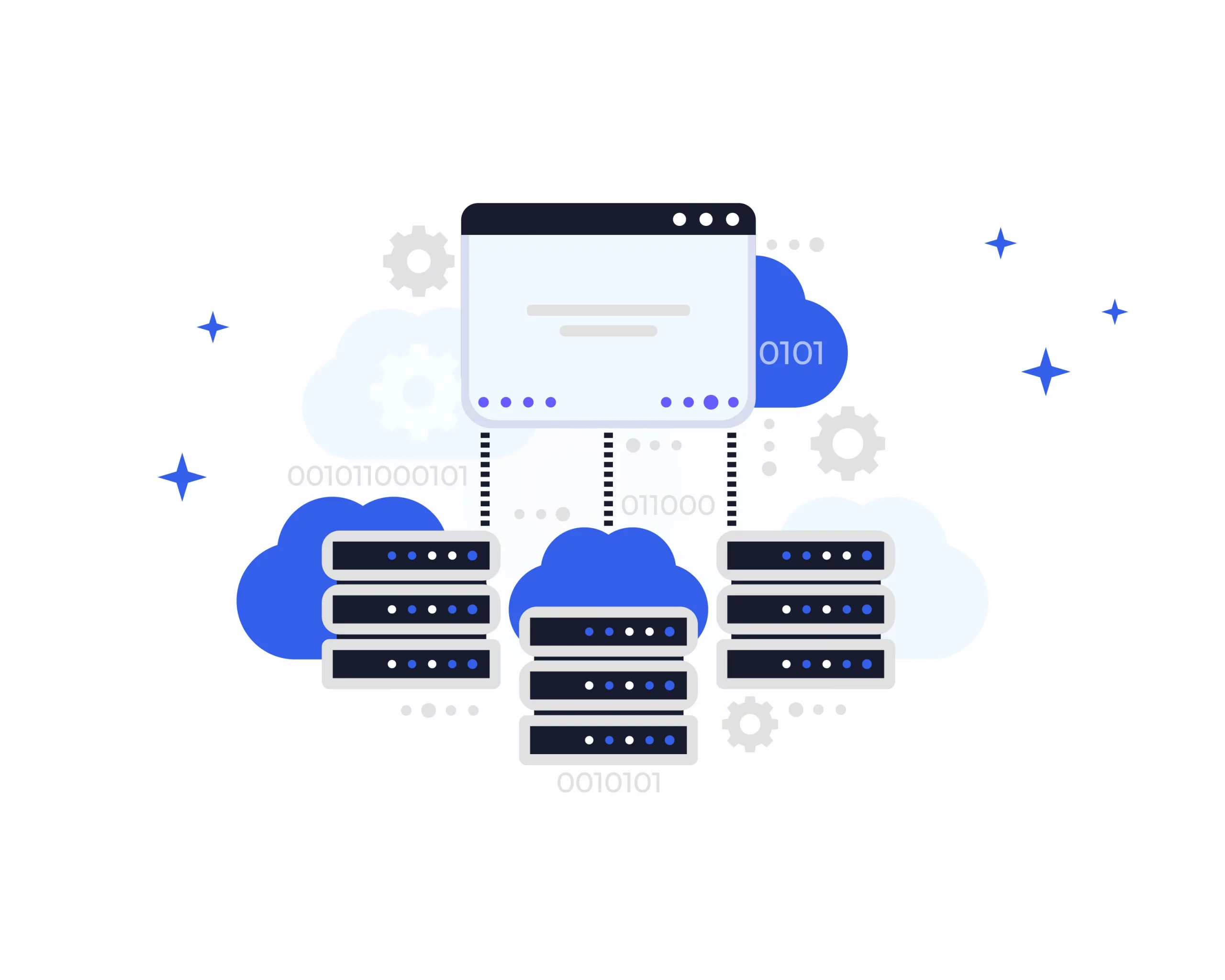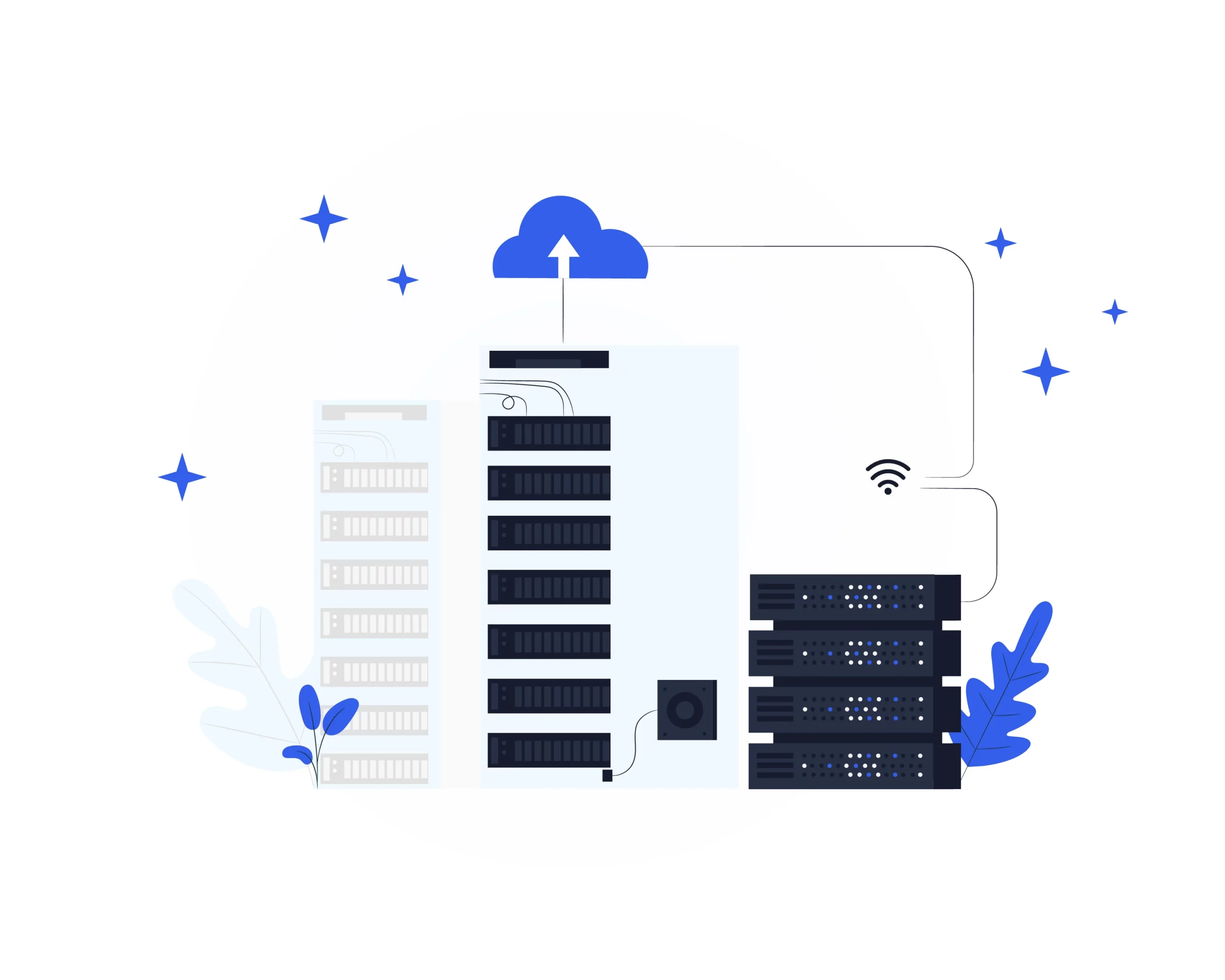Importance of Cybersecurity
Cybersecurity is the practice of safeguarding computer systems, networks, and data from unauthorized access, data breaches, and cyberattacks. Cybersecurity is paramount in today’s hyper-connected world, where businesses rely heavily on the internet and individuals share vast amounts of personal information online. Cyberattacks, including malware infections, DDoS attacks, phishing attempts, and data breaches, pose significant threats to both individuals and organizations.
Role of Proxies in Protecting Against Cyberattacks
Proxies play a crucial role in enhancing cybersecurity in the following ways:
Access Control: Proxies can enforce access control policies, allowing organizations to restrict or permit access to specific websites or online resources. This helps prevent employees from accessing potentially harmful or non-work-related websites.
Anonymity and Privacy: Certain proxy servers, such as anonymous proxies, mask a user’s IP address, making it difficult for malicious actors to trace their online activities back to them. This enhances privacy and protects against targeted attacks.
Content Filtering: Proxies can filter web content, blocking access to malicious websites, phishing pages, or sites known for distributing malware. This helps prevent users from inadvertently visiting dangerous sites.
Load Balancing: Reverse proxies are used to distribute incoming web traffic across multiple servers, ensuring that no single server becomes overwhelmed. This helps prevent DDoS attacks from disrupting services.
Logging and Monitoring: Proxies can log and monitor network traffic, helping security teams identify and respond to suspicious activities in real-time.
Firewall Functionality: Many proxy servers come with built-in firewall features that inspect and filter incoming and outgoing traffic, adding an extra layer of defense against cyber threats.
Key Benefits of Using Proxies for Cybersecurity Management
Using proxy servers for cybersecurity management offers numerous significant benefits. Firstly, they enhance security by acting as gatekeepers that intercept and filter incoming and outgoing traffic, thereby protecting networks and devices from malware, phishing, and other cyber threats.
Secondly, proxies provide privacy and anonymity by concealing users’ IP addresses, making it difficult for adversaries to trace their online activities, which is particularly crucial for safeguarding sensitive information.
Thirdly, organizations can enforce strict access policies through proxies, ensuring that employees only access authorized websites and resources, thereby reducing the risk of malware infections and data breaches. Additionally, proxies enable content filtering, preventing access to inappropriate or malicious content, creating a safer online environment, especially for schools, businesses, and families.
Furthermore, reverse proxies facilitate load balancing, ensuring efficient distribution of incoming traffic, guaranteeing high availability, and mitigating the impact of DDoS attacks. Proxies also offer monitoring and reporting capabilities, allowing organizations to gain valuable insights from traffic logs and monitoring tools, aiding in the prompt detection and response to security incidents. Lastly, proxy solutions are scalable, easily adapting to accommodate growing network traffic and evolving security needs.
The Benefits of Using Proxies for Cybersecurity Management
When talking about cybersecurity management, a valuable tool that’s come up is using proxies. This article will look at the many advantages of using proxies to make cybersecurity better, like better security, more privacy, and improved performance.
Improved Security
Proxy servers act as go-betweens between your device and the internet. When you use a proxy to access a website or online service, your requests first pass through the proxy server. This step adds a layer of protection by hiding your IP address and online identity from potential cyber attackers.
- Phishing tricks users into clicking on harmful links or sharing sensitive info. Proxy servers can spot and stop suspicious websites, lowering the risk of falling for phishing scams.
- Proxy servers can sift out harmful content, like malware-infected files and websites. They check incoming data for threats, keeping malware away from your device.
- Distributed Denial of Service (DDoS) attacks can flood your network. Proxies spread traffic across multiple servers, reducing the impact of DDoS attacks and keeping your online services running.
Increased Privacy
Privacy is a big concern when you’re online. Proxy servers help protect your online identity and personal info:
Anonymous Browsing
Using a proxy server hides your IP address when you’re on the internet. This means no one can trace your online activities back to where you are or who you are. It’s especially helpful for those who want to stay anonymous online.
Protection from Tracking
Lots of websites and online services track what you do online. Proxy servers stop this tracking, so you can surf the web without being watched by advertisers and organizations all the time.
Better Performance
Some proxy servers store frequently viewed web content nearby, which means web servers don’t get as busy, making web pages load faster. This makes browsing more efficient. In addition, proxy servers can be set up to get rid of things you don’t want, like ads and unnecessary stuff. This not only makes your internet faster but also cleans up webpages, making your online experience better.
Using proxy servers is a smart way to boost cybersecurity. They provide better security by acting as a protective shield against various online threats, keep your online identity private, and make things run smoother by storing content and getting rid of unwanted stuff.
Types of Proxies Used for Cybersecurity Management
Proxies come in different types, each serving specific purposes and having unique benefits. Here are three main types of proxies used for cybersecurity management.
Residential Proxies
Residential proxies are a type of proxy server that use regular home internet connections to reroute your online activity. They’re helpful for keeping your online actions private and secure. One advantage is that they make it tricky for websites and online services to detect that you’re using a proxy because they use real home IP addresses. This helps you stay anonymous while browsing.
Moreover, residential proxies can help you access websites and streaming services that are limited to specific regions by using an IP address from the desired location. Moreover, they provide extra security by hiding your actual IP address, making it difficult for cyber attackers to track your online activities back to you.
Data Center Proxies
Data center proxies, unlike residential ones, are not linked to home internet providers; instead, they are servers located in data centers. They are favored for cybersecurity for several reasons. Firstly, they are known for their speed and reliability due to their high-speed data center connections, making them ideal for tasks requiring fast data retrieval.
In addition, data center proxies are often more budget-friendly than residential proxies, making them a cost-effective choice for businesses looking for proxy solutions that don’t break the bank. Lastly, they are easily scalable, allowing organizations to adjust their proxy resources as necessary to accommodate changing needs.
Mobile Proxies
Mobile proxies are a unique type of proxy that directs internet traffic through mobile devices such as smartphones and tablets. They’re valuable for cybersecurity for a few reasons. Firstly, they act like traffic coming from mobile devices, which is handy for tasks like web scraping or testing mobile apps that require a mobile user-agent. Secondly, mobile proxies use a wide range of IP addresses associated with mobile networks, which increases anonymity and makes it tougher for websites to recognize and block proxy traffic. Lastly, they offer the flexibility to access IP addresses from various geographic locations, allowing users to choose where their online actions appear to be coming from.
The type of proxy you choose for cybersecurity management depends on your specific needs and goals. Residential proxies provide anonymity and geo-location options, data center proxies offer speed and affordability, and mobile proxies cater to tasks requiring a mobile user-agent.
Choosing the Right Proxy for Cybersecurity Management
Selecting the best proxy for cybersecurity isn’t complicated if you follow these steps:
Assess Your Needs
Start by knowing exactly what you need for cybersecurity. Think about what you want to protect, which online activities matter most, and how secure you want to be. This helps you decide which proxy to pick.
Consider Anonymity
Anonymity is crucial for cybersecurity. Depending on your goals, consider how much you need to stay hidden:
Residential Proxies: These are best if you want to be really hard to spot online because they use real home IP addresses.
Data Center Proxies: They balance anonymity and cost, making them good for many cybersecurity tasks.
Mobile Proxies: These act like mobile devices, so they give you anonymity and different IP addresses.
Evaluate Your Budget
Your budget matters when choosing a proxy. Different types have different prices:
Residential Proxies: They can be pricey because they use real home IP addresses.
Data Center Proxies: They’re cost-effective and still work well.
Mobile Proxies: These can be budget-friendly depending on the provider.
Seek a Balance
In some cases, you may need to strike a balance between anonymity and affordability. Data center proxies often offer a good compromise, providing decent anonymity at a more budget-friendly rate.
Consider Additional Features
Some proxy providers offer added features that can make your cybersecurity even better:
- IP Rotation: Changing your IP address regularly to stay more anonymous.
- Geolocation Options: Using IP addresses from specific places to get around location restrictions.
- Traffic Filtering: Blocking out stuff you don’t want to see or stopping certain websites.
- Scalability: Being able to adjust your proxy resources as you need, so you can be flexible with your cybersecurity.
By following these steps and thinking about your needs, how hidden you want to be, your budget, and any extra features, you can pick the right proxy for your cybersecurity. This helps boost your online security and privacy while matching your goals and limits.
Conclusion
In conclusion, using proxies for cybersecurity management offers multiple benefits, including enhanced security, increased privacy, and improved performance. Cybersecurity is of utmost importance in today’s digitally connected world, with various threats like malware, DDoS attacks, phishing attempts, and data breaches posing significant risks.
Proxies serve a crucial role in bolstering cybersecurity by enforcing access control, ensuring anonymity and privacy, filtering web content, and providing load balancing and monitoring capabilities. These advantages contribute to a safer online environment for both individuals and organizations.
Different types of proxies, such as residential, data center, and mobile proxies, cater to specific needs and goals in cybersecurity management. Selecting the right proxy involves assessing security requirements, considering anonymity levels, evaluating budget constraints, and exploring additional features offered by proxy providers.
Ultimately, proxies offer a versatile and effective toolset for enhancing cybersecurity and safeguarding online activities.









